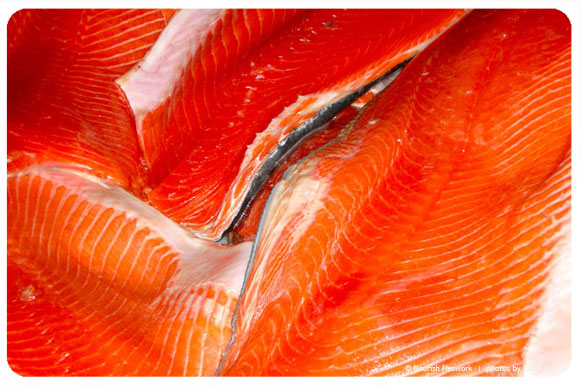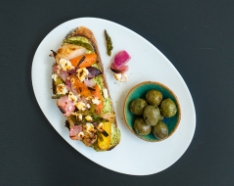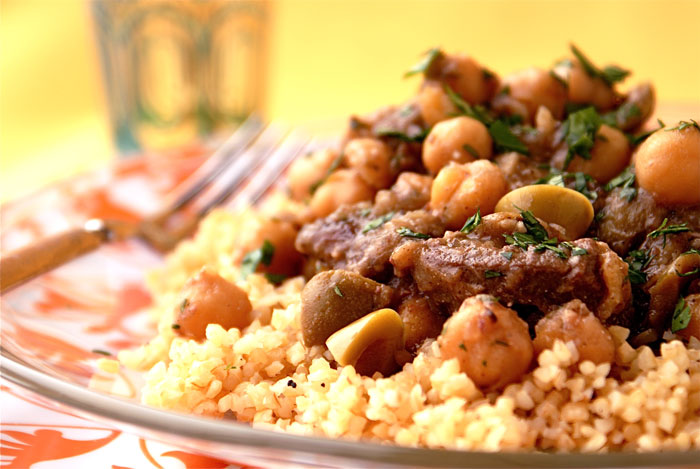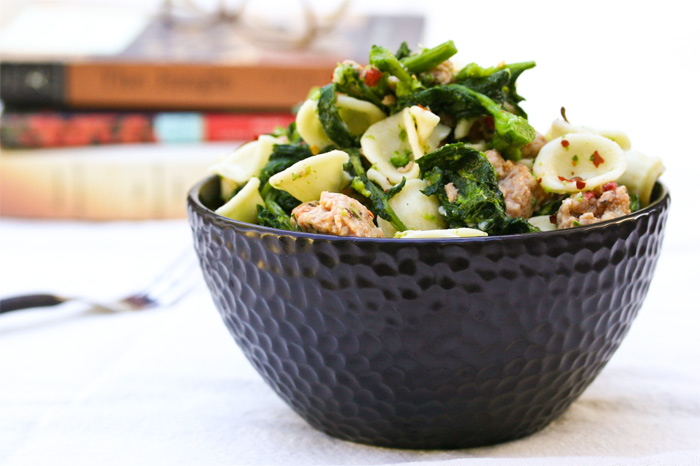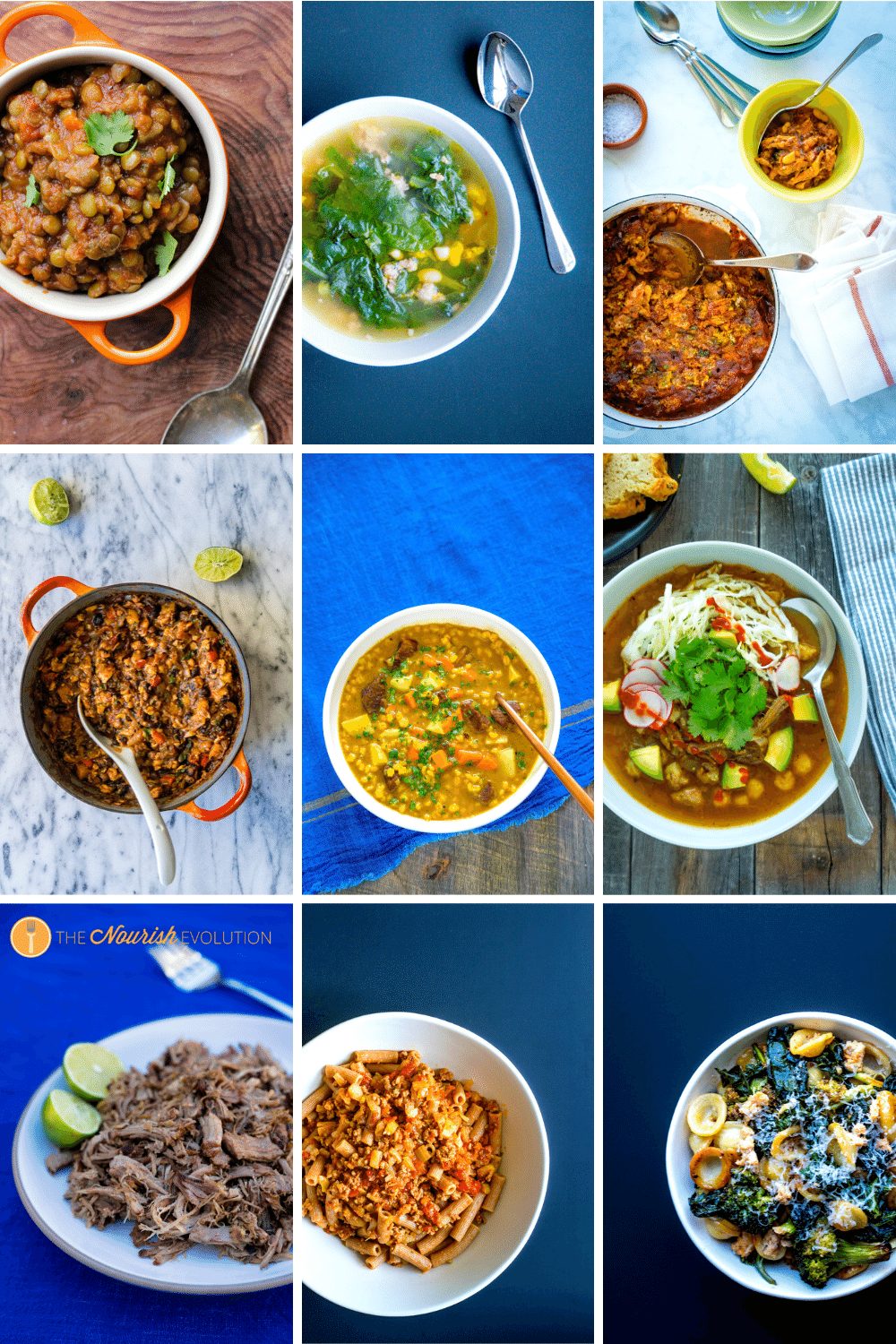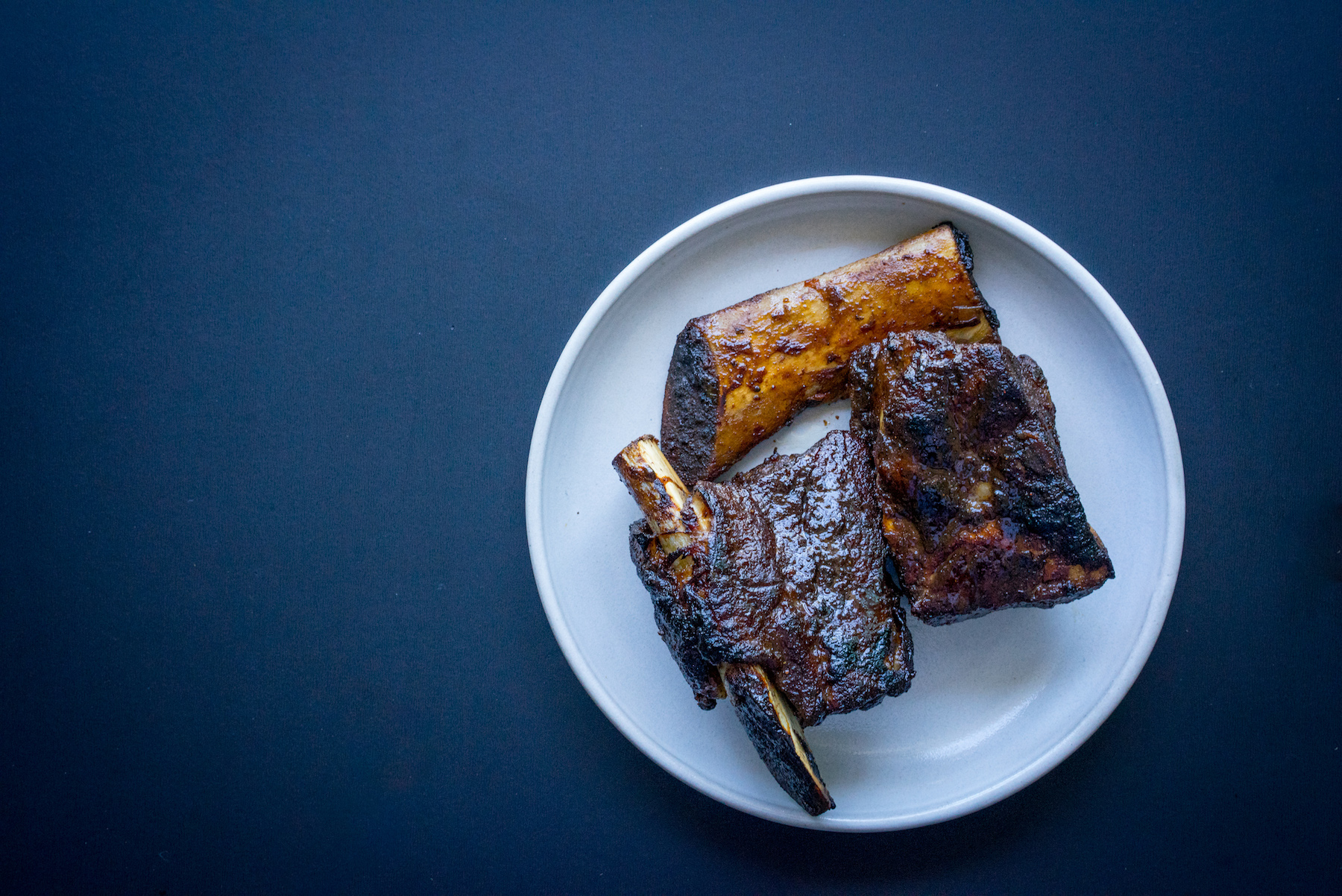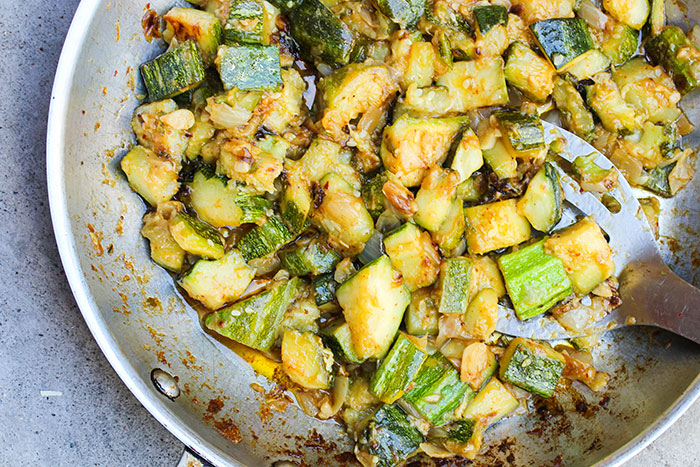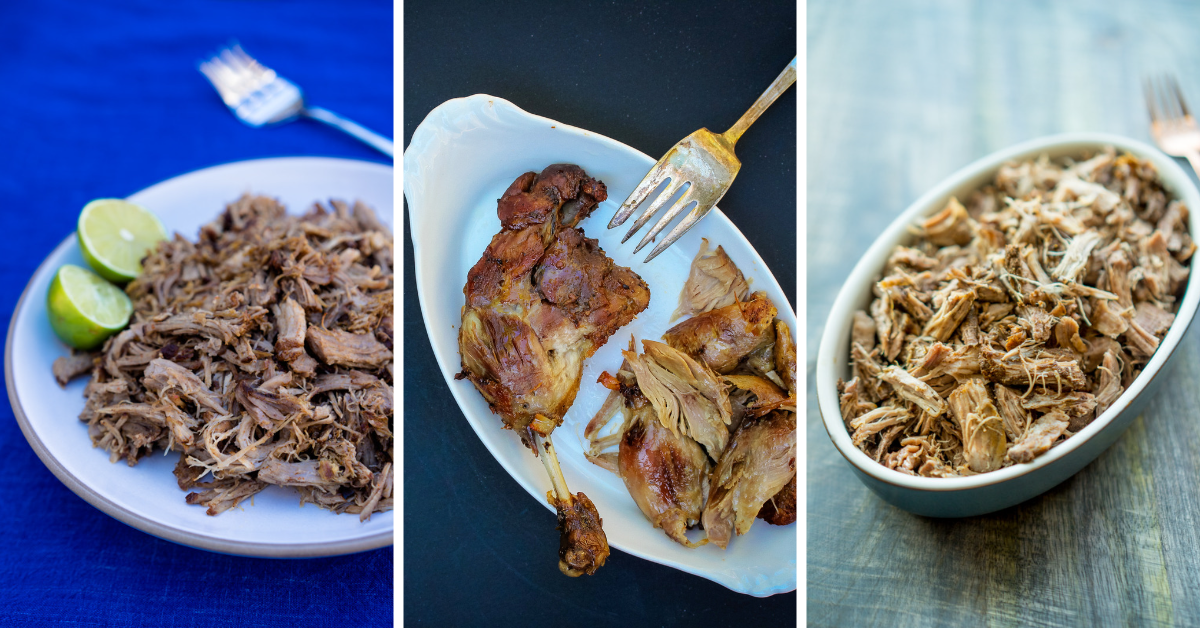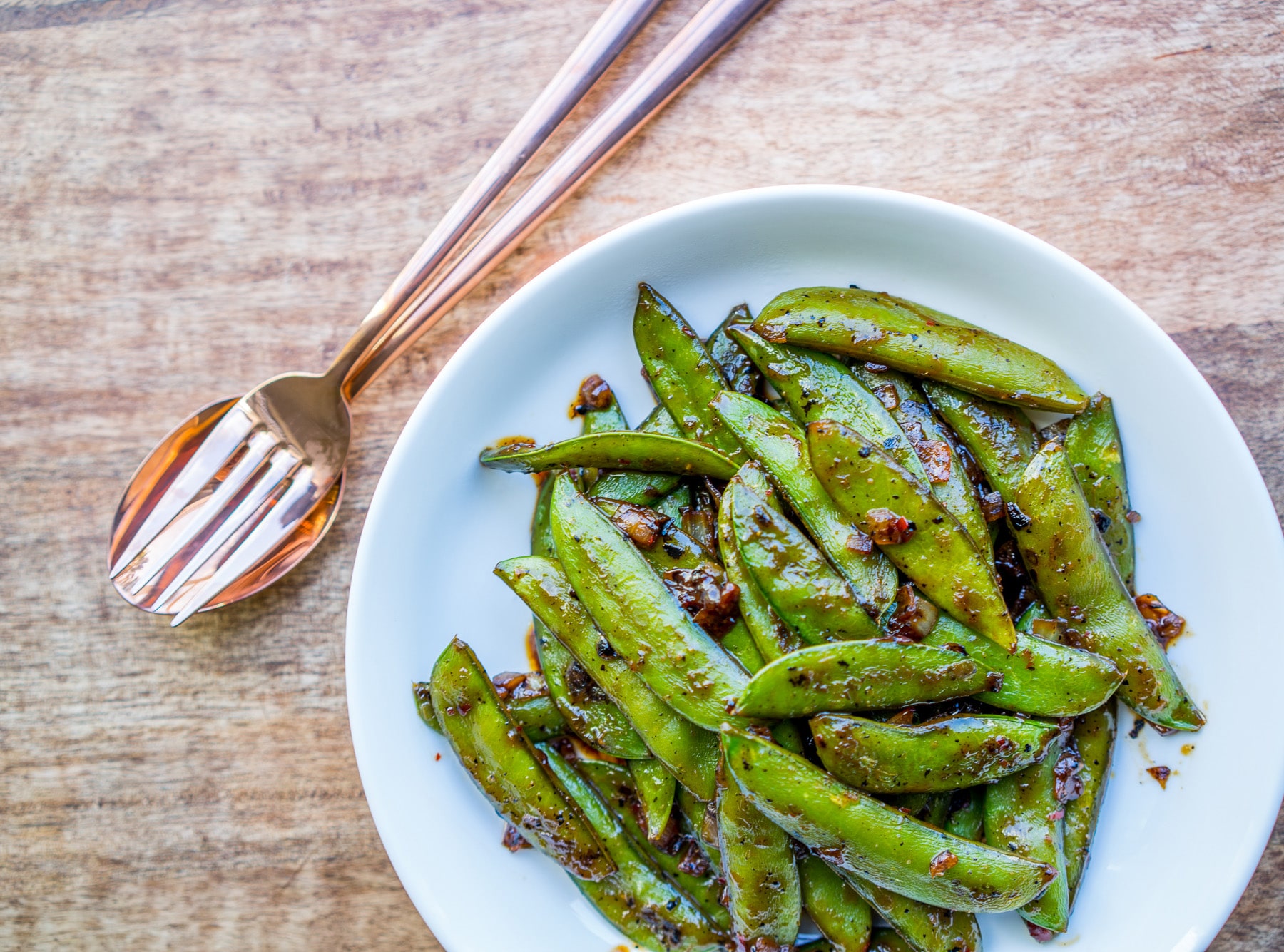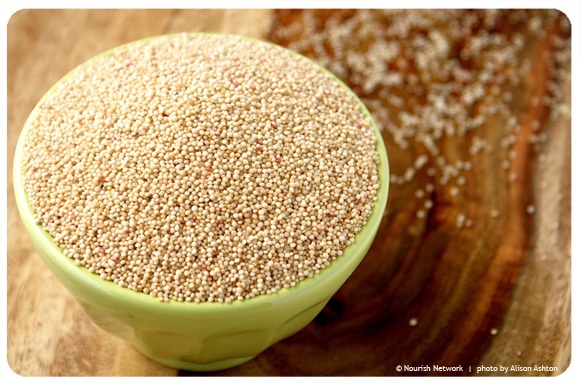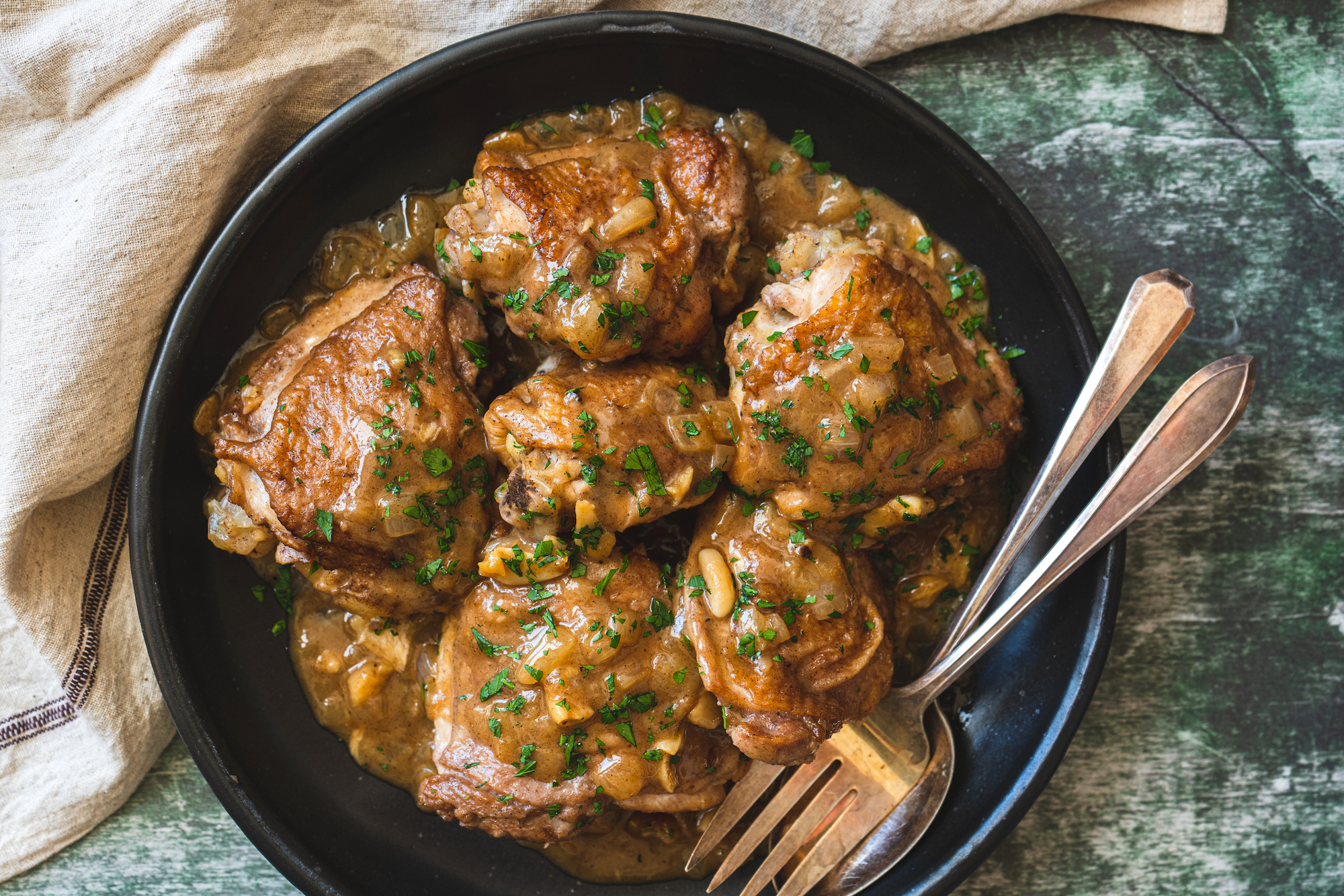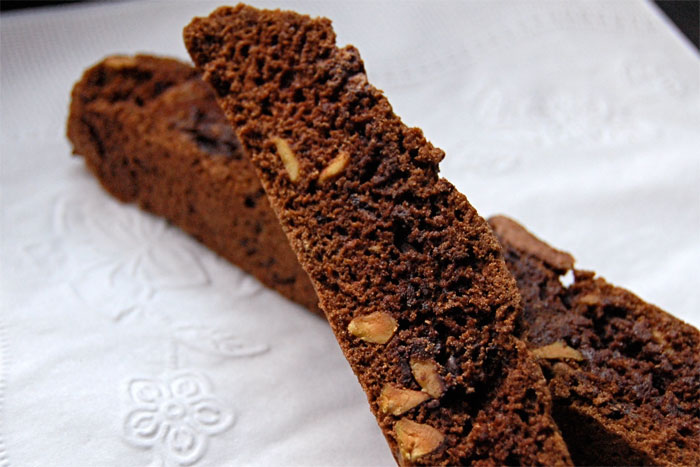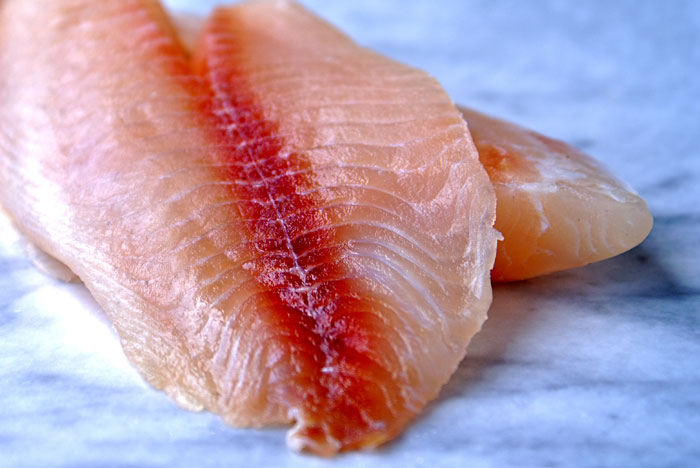It's World Oceans Day today. And while there are so very many things I could mention on the subject of the oceans–the overfishing of numerous species, the questionable impact of open water fish-farming, and the emerging international standards and certifications to name a few–I've decided to stay simple and give you one (really tasty) thing you can do this week to make the oceans a healthier place: Cook up some Alaskan wild salmon.
The fact that sustainable seafood is a subject fraught with complexities was driven home recently by an e-mail I received from an organization I admire about a new sustainable seafood guide they were publishing. Fantastic, I thought, I'll reference it in today's nibble. But then I saw that one of the tips was “buy wild.” And while wild-caught fish is sometimes a smart choice, there are enough times when it's not to make me wary about giving the statement an unqualified thumbs-up. (Yes, I did contact them and yes, they were glad I did.)
But there is one case in which “buy wild” is always a sustainable choice, and a green-rated one at that. Alaskan wild salmon. Thanks to an ingenious web of science and tradition, policy and community, regulation and enforcement that ultimately protects both indigenous fish populations and the communities who depend upon them for a living, no species of Alaskan salmon (which, as with all seafood from Alaska, is always wild) is overfished. That's a big deal when you consider that nearly three-fourths of the wild fish stocks in the world are “fully exploited or overexploited,” according to the United Nations. Alaska is, quite simply, the gold standard when it comes to sustainably managing wild-caught fish.
I could go into the technical details on why, but then I'd be using terms like Total Allowable Catch, escapement and rationalization and would have to include a glossary that would scroll down to your knees. In the end, it comes down to people recognizing that we humans, the environment and what eventually becomes our food are all intertwined and taking action–to the point of including sustainable fisheries language into their constitution back in 1959–to protect the system as a whole.
So cook up some Alaskan wild salmon this week and celebrate fishing done right.
